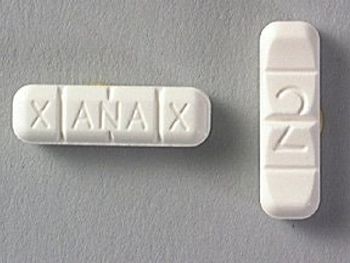
Xanax is indicated for the acute treatment of generalized anxiety disorder and treatment of panic disorder with or without agoraphobia in adults.


Xanax is indicated for the acute treatment of generalized anxiety disorder and treatment of panic disorder with or without agoraphobia in adults.
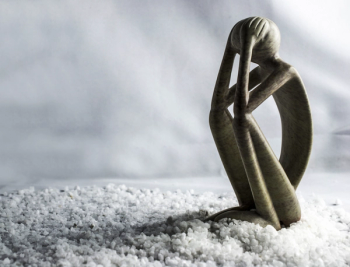
Researchers to explore possible approaches for designing small molecule therapeutics to combat depression.
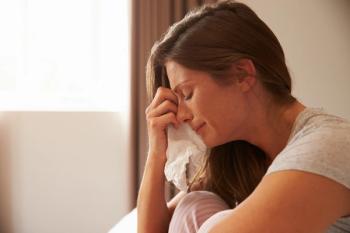
The odds of visiting an ED for anxiety were 2.8 times greater than for non-depressed individuals.
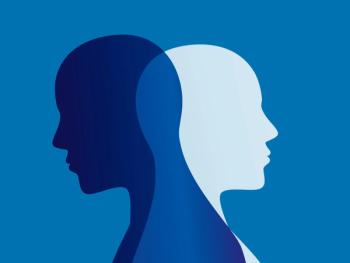
Reports of depression, anxiety and stress have surged since the beginning of the COVID-19 pandemic in 2020.
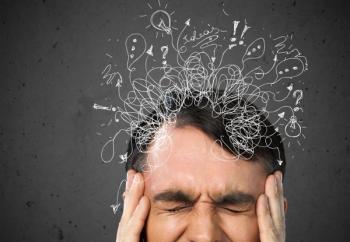
Those with attention-deficit/hyperactivity disorder are much more likely to have GAD at some point in their lives than others who do not have it.
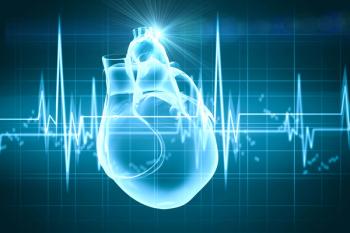
Practicing mindfulness was associated with fewer psychological symptoms, such as posttraumatic stress, depression, and anxiety.
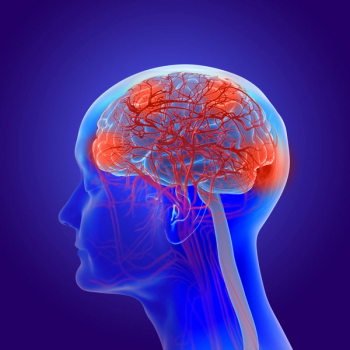
Study results shows that patients who have been diagnosed with the disease may face many challenges, which can increase anxiety or depression.
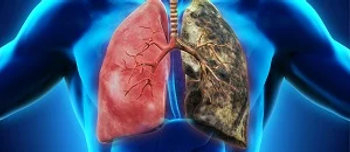
Individuals who had depression or stress in a hospital in Mexico were also 4.5 and 3.18 times more likely, respectively, to experience delays in treatment.
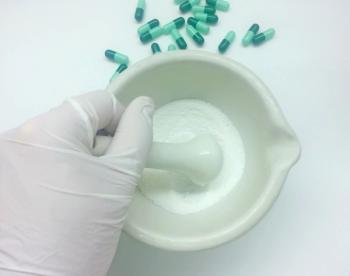
Peter Koshland, PharmD, CEO of Koshland Pharm and a practicing pharmacist, discusses whether the process may be similar in the future in terms of compounding pharmacies’ role in the administration of psychedelic drugs like psilocybin.
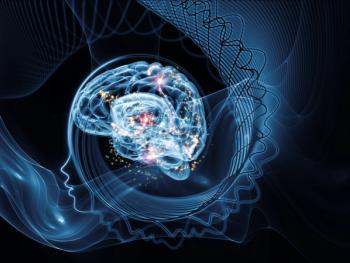
Trials assessing psychedelic medicine were conducted in the United States for several decades before they were criminalized in 1968, with government and military funding provided for research in the field.
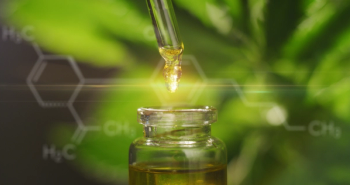
Jordan Tishler, MD, president of the Association of Cannabis Specialists and faculty at Harvard Medical School, discusses the importance of unbiased, knowledgeable providers being present at the site of sale of cannabis in order to provide accurate information on the appropriate use of medical cannabis for certain medical conditions.
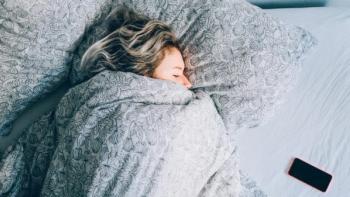
The research sheds light on the biopsychological process that can lead to poor grades, withdrawal from classes, and even students who drop out, whereas 40% of freshman do not return to their university for a second year in the United States.
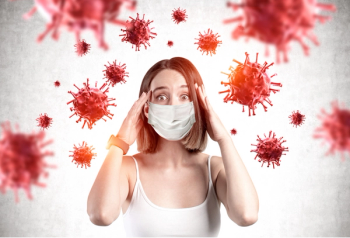
Among surveyed American adults, more than half were diagnosable with probable depression at baseline, in addition to 65% who had anxiety and 51% at risk for post-traumatic stress disorder.

The COVID-19 pandemic has escalated the burden of psychological distress, including anxiety, depression, post-traumatic stress, and insomnia.